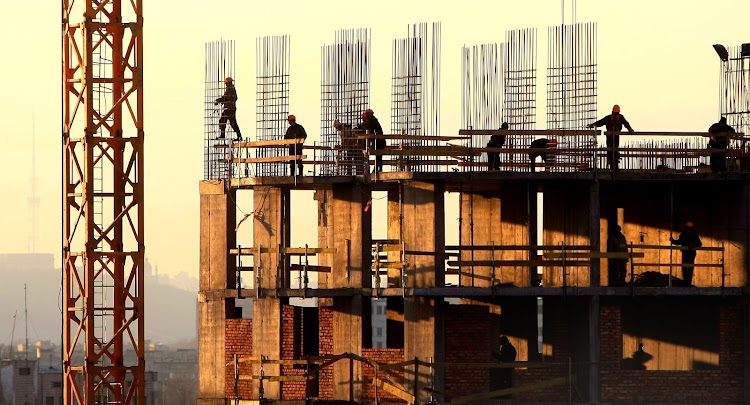SA is at risk of getting into an infrastructure paradox

The risk is rising of insufficient investment in projects even when there is high demand and adequate capital
The recent debate on SA’s economic policy proposals does not appear well co-ordinated and risks placing the country in what McKinsey has described as an infrastructure paradox. This is a condition when there is insufficient investment in infrastructure projects even when there is high demand for projects, adequate supply of capital, high appetite for alternative assets by investors and a large number of projects.
This risk is rising because policymakers are failing to make hard trade-offs, a point loudly made by none other than the governor of the SA Reserve Bank, Lesetja Kganyago, in a recent Twitter Spaces conversation hosted by former Business Day editor Songezo Zibi.
Let me illustrate my point as follows. There is agreement that SA has an infrastructure deficit, estimated at $100bn, a figure the president put forth as his first administration’s target over the five years from 2018 to 2022. There have been annual investment conferences trying to woo investors since this target was set.
The National Treasury narrowed down the focus areas of investment in what is now the government’s Economic Recovery & Reconstruction Plan. Main sectors identified include energy, transport, telecommunication and water and sanitation.
But the results so far have been too slow, notwithstanding that structural economic reforms are themselves non-linear and take time. If the pace remains sluggish there is a risk that noncredible options to get the country out of the low-growth trap will be thrust onto the table with little practical evidence to support them.
One of the big issues now becoming clear is that there seems to be little co-ordination of the various economic policy proposals. Operation Vulindlela was supposed to help with this co-ordination but so far it seems it is serving to unblock red tape instead of helping sequence trade-offs and implement prioritised projects. It is almost like being a casualty doctor dealing with broken bones instead of being a fitness trainer preparing athletes for the Olympics. After-the-fact repairs and unblocking uncoordinated and unprioritised policy options is politically difficult and chaotic.
Given the choice between cash transfers to citizens and public investment, what should the government decide to do with R200bn a year? That is one rounded estimate for how much it will cost to provide 13-million South Africans with a non-conditional cash transfer per annum.
Fellow columnist Duma Gqubule recently argued that consumption multipliers of cash transfers such as a universal basic income grant (BIG) range from 0.82 to 2.52, citing a World Bank report as evidence that it will increase economic growth (“Basic income grant and jobs are not mutually exclusive”, August 9). There are three issues that show selective evidence picking and should worry readers.
First, this line of thinking ignores the obvious fact that this range of multipliers is for different countries and makes no attempt to quantify SA’s actual consumption multiplier. Second, the same report pointed to countries such as Australia, Kuwait, Mexico and the Philippines as presenting contrasting results of these multipliers from consumption. Yet this wasn’t clarified in the column.
More so, and more importantly, chapter six of the same report points to the fact that there is no country that has a BIG in place, though there have been several small-scale pilots and a few large-scale experiments. Mongolia and Iran had national BIGs for short periods. In effect, all we are pointed to as evidence of why we should implement a BIG is ongoing pilot programmes and experiments whose results are not yet conclusive and differ depending on context.
On the other hand, an IMF working paper titled “The Direct Employment Impact of Public Employment” provides a sustainable alternative. It estimates the direct jobs created from $1m in public investment to be between 10 and 17 in emerging markets, which also solves the infrastructure deficit in the case of SA.
It is simply a more sustainable way to generate growth and jobs. The trade-off and policy choice the government must make is to favour public works programmes as a guarantee of income instead of unconditional cash transfers.
